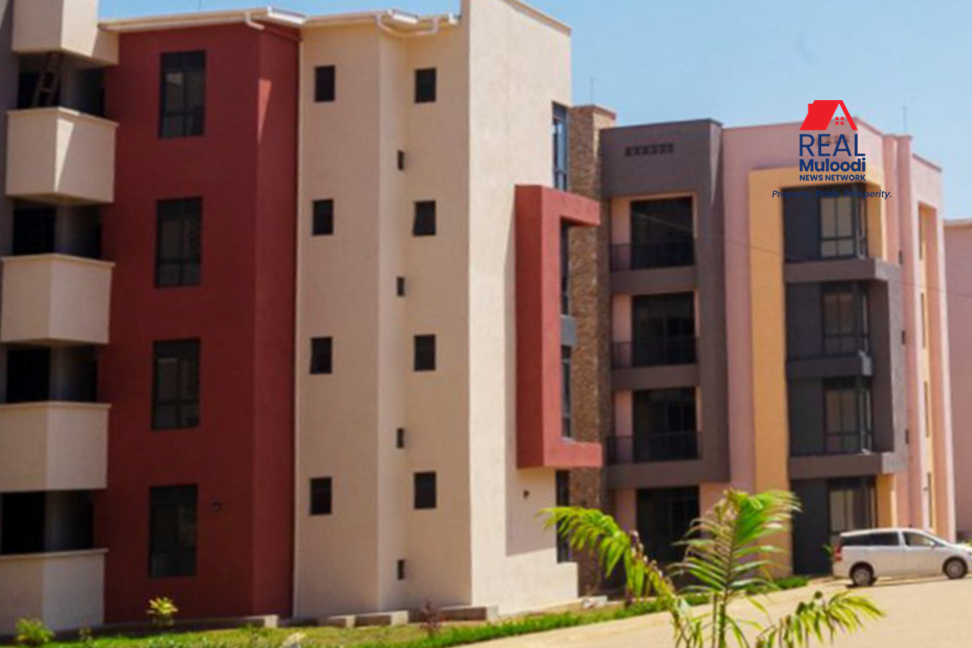UGANDA, Kampala | Real Muloodi News | Concerns have been raised about the soaring prices in the condominium market of Kampala, highlighting potential challenges for developers and prospective buyers.
The study, conducted by Knight Frank, emphasises the need for developers to align their projects with market preferences and affordability.
A condominium, a building structure with individually owned units, has become a popular housing option in Kampala, particularly in areas like Kololo, Mbuya, Muyenga, and Munyonyo.
However, the report indicates that the supply of condominiums is limited, with a substantial gap in the market.
In Kololo, where demand is high, the units are notably expensive, ranging from $380,000 to $500,000 (approximately USh1.38 to USh1.8 billion) for 3-bedroom units.
Knight Frank warns against what it describes as a speculative and unsustainable trend, where developers engage in a competitive race to build high-end properties, assuming that buyers are willing to pay a premium.
The report suggests that developers need to consider the incomes of their target markets and the resale potential when setting prices.
The study identifies a growing demand for apartment units priced between $100,000 and $250,000 (USh358 million to USh900 million) within a 10-kilometer radius of the Central Business District (CBD). This price range is currently under-supplied, presenting an opportunity for developers to address a significant market gap.
Additionally, the report notes a declining supply of detached houses, suitable for rent by expatriates and up-market communities.
Landowners, eager for rental income, are shifting towards constructing apartment blocks, resulting in a shortage of detached housing options and gated communities.
Despite the economic challenges over the last two years, Kampala’s real estate sectors, particularly prime residential and office markets, have shown resilience and improvement.
The report highlights a steady growth in occupancy for these sectors, with an 8% rise in average prime monthly rents for 2- and 3-bedroom apartment units.
However, the study acknowledges the impact of the global economic recovery on the property market, with the Bank of Uganda suggesting a potential double-digit decline in real estate values.
The oil and gas sector’s slowdown has affected demand, but there is a persistent interest in rented dwellings in prime areas, driven by expatriates and diplomatic missions.
While locations like Kololo, Naguru, Nakasero, Bugolobi, and Mbuya remain preferred, there is a growing interest in semi-prime suburbs such as Muyenga, Munyonyo, and Lubowa.
Experts suggest that the pace and sustainability of the global economic recovery continue to influence the property market, with increased credit flow to the building, construction, and real estate sectors.
As the market navigates these challenges, developers are urged to strike a balance between offering desirable condominium options and ensuring affordability for a broader market base.
READ MORE LIKE THIS:
World Bank Report: Kampala Dominates Uganda’s Five-Star Hotels Market



